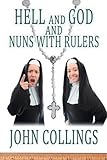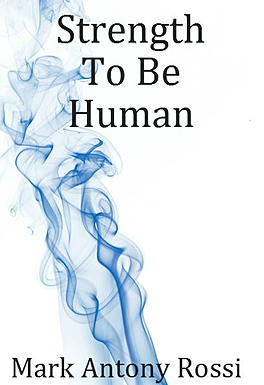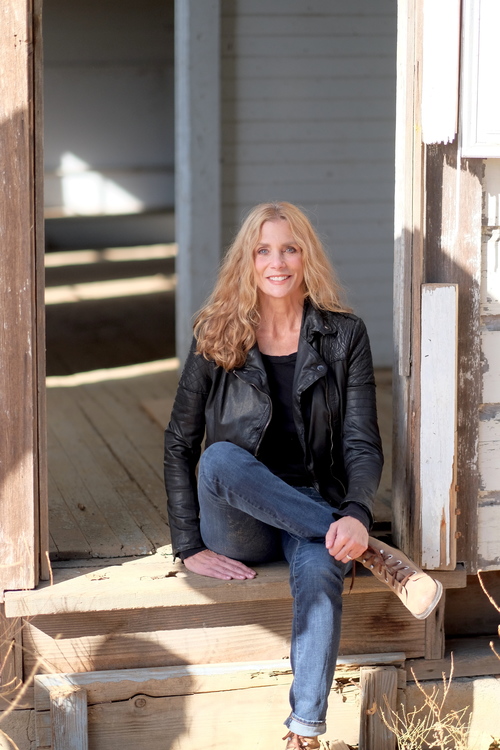 To me, Go Set a Watchman is a worthwhile work, although I wish Ms. Lee had been more precise about the historical context and had made Jean Louise a little less naive. Stylistically, the novel is dated, but that makes it authentic to the place and time in which it is set. Given the shocking instances of racial violence in the United States this past year, it would seem that Go Set a Watchman is relevant to our times.
To me, Go Set a Watchman is a worthwhile work, although I wish Ms. Lee had been more precise about the historical context and had made Jean Louise a little less naive. Stylistically, the novel is dated, but that makes it authentic to the place and time in which it is set. Given the shocking instances of racial violence in the United States this past year, it would seem that Go Set a Watchman is relevant to our times.
Ali Cobby Eckermann on her book Inside my Mother
Ali Cobby Eckermann joins us to read from and talk about her latest poetry collection Inside my Mother, as well as the “My Mother’s Heart” sesion at the Sydney Writers Festival, the many meanings of “mother”, both personal, universal, and metaphoric,…
A review of The Eye of the Sheep by Sofie Laguna
 It’s not just the characters that descend to their lowest level in this book. It’s also the medical profession, governmental welfare programs, and Mobil Oil where Gavin works scraping rust off pipes. However, Laguna never lets the characters – not even the most peripheral – slip into stereotypes. The Eye of the Sheep is a tender and delicate novel, rich with sympathy and understanding, even when it becomes almost unbearably dark.
It’s not just the characters that descend to their lowest level in this book. It’s also the medical profession, governmental welfare programs, and Mobil Oil where Gavin works scraping rust off pipes. However, Laguna never lets the characters – not even the most peripheral – slip into stereotypes. The Eye of the Sheep is a tender and delicate novel, rich with sympathy and understanding, even when it becomes almost unbearably dark.
A review of Hell and God and Nuns with Rulers by John Collings
 As Tristan struggles with school, the crush his best friend has on him, and the crush he has on the young man he met at the party, the reader feels true empathy for the character. Collings’ writing style is conversational, personable, and real; I could almost imagine Tristan sitting across from me at a table in a coffee shop (or maybe over burgers at The Burger House) telling me how he set on his path of self-realization to emerge triumphantly okay at the end of it all.
As Tristan struggles with school, the crush his best friend has on him, and the crush he has on the young man he met at the party, the reader feels true empathy for the character. Collings’ writing style is conversational, personable, and real; I could almost imagine Tristan sitting across from me at a table in a coffee shop (or maybe over burgers at The Burger House) telling me how he set on his path of self-realization to emerge triumphantly okay at the end of it all.
A review of Strength to Be Human by Mark Antony Rossi

Interview with Val Brelinski

A review of The Boy Who Killed Demons by Dave Zeltserman
 It’s an absorbing novel, and we’re quickly caught up in Henry’s concerns and anxieties. Zeltserman convincingly captures the grumpy, grouchy voice of an adolescent boy – spoilt yet with a core integrity.
It’s an absorbing novel, and we’re quickly caught up in Henry’s concerns and anxieties. Zeltserman convincingly captures the grumpy, grouchy voice of an adolescent boy – spoilt yet with a core integrity.
A review of Invisible Streets by Toby Ball
 I very much enjoyed Toby Ball’s novel, the way his snappy prose propelled the story forward, making everything both more convoluted and clearer at once. He conjured up a vital, bustling sense of place.
I very much enjoyed Toby Ball’s novel, the way his snappy prose propelled the story forward, making everything both more convoluted and clearer at once. He conjured up a vital, bustling sense of place.
Lucy Dougan on The Guardians
The author of The Guardans reads a number of poems from her book and talks about how it has has come together, about the key themes in the book: masks, the roles and genetics we inherit, about poetry as archeology, on…
A review of Inside my Mother by Ali Cobby Eckermann
 The poetry is universally evocative, delicately wrought, and linguistically powerful even taken out of context, or published individually, as many of the pieces have been. However, knowing the personal and political backdrop on which the work is developed not only adds depth, it becomes another story – the story within the story – that informs and enlivens the work further.
The poetry is universally evocative, delicately wrought, and linguistically powerful even taken out of context, or published individually, as many of the pieces have been. However, knowing the personal and political backdrop on which the work is developed not only adds depth, it becomes another story – the story within the story – that informs and enlivens the work further.